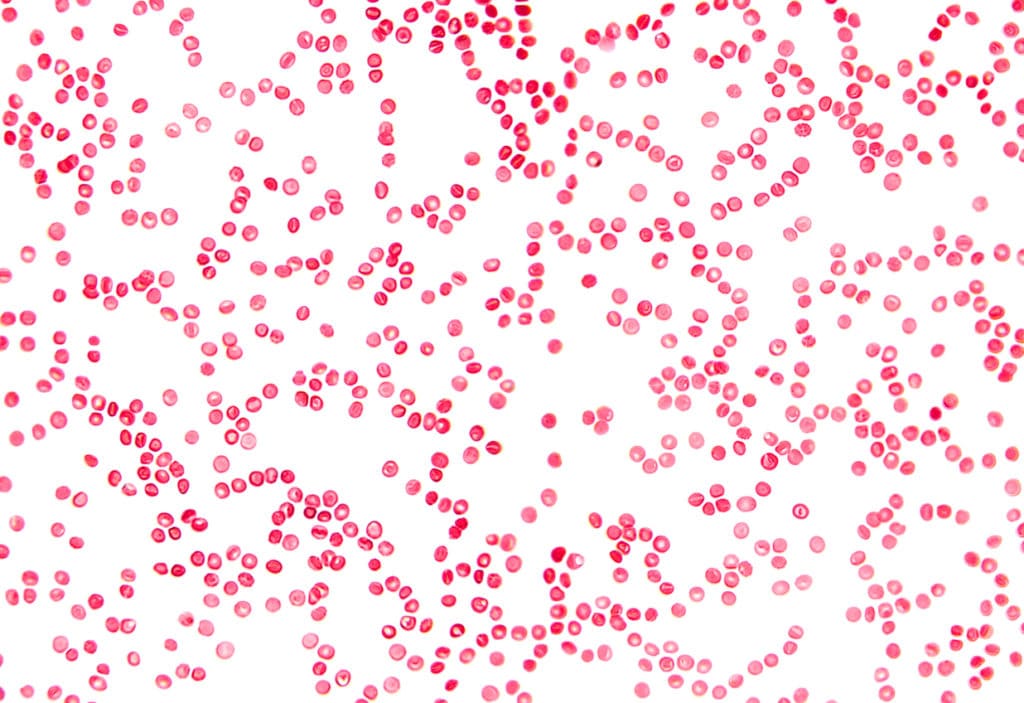MOST AMERICAN BABESIA IS THIS SPECIES AND ONLY ONE LAB TESTS FOR IT.
Detection of Babesia odocoilei in Humans with Babesiosis Symptoms (2021)
Persistence of B. odocoilei
Both Subject 1 and Subject 2 continued to be symptomatic for human babesiosis after standard antimicrobial treatment. Using a licensed clinical laboratory, Subject 2 tested serologically positive for B. duncani and also positive for Babesia by FISH, a genus-specific Babesia test [41]. Both of these tests were conducted 36 mo prior to BSD. Standard antimicrobial treatments were administered during this 36 mo period. Although Babesia symptoms subsided with traditional therapy, clinical manifestations of human babesiosis returned within 4 d after the patient had finished the full dosage. Subject 2 was seroreactive for B. duncani and, despite further Babesia treatment, continued to be symptomatic. Subject 2 was unsuccessful in obtaining a cure with standard regimens, namely, atovaquone plus azithromycin and, likewise, atovaquone coupled with proguanil. Based on the current availability of antimicrobials, this recrudescent pattern of symptoms after treatment modalities indicates that certain babesial infections can be persistent in the human body [14,19,49,50,51]. Founded on the ongoing clinical sequelae of Subject 1 and Subject 2, B. odocoilei can induce a recalcitrant infection and has a strong predilection to be persistent. Persistence of B. odocoilei lasted for more than 3.5 years in Subject 2 despite treatment modalities with standard anti-Babesia therapy. As experienced by other human babesiosis patients, Subject 2 experienced ongoing treatment failure [49,50,52,53]. Subject 1 and Subject 2 both had persistent and recrudescent babesiosis, which is often associated with this infectious disease [49,50,51,52,53]. Other Babesia spp. have been reported to exhibit resistance to traditional treatment suggesting the necessity of developing new antimicrobials [52,53,54,55,56]. As evident in the present study, anti-Babesia regimens may result in treatment failure of human babesiosis patients [14,48,49,50,51,52,53,54,55,56].

